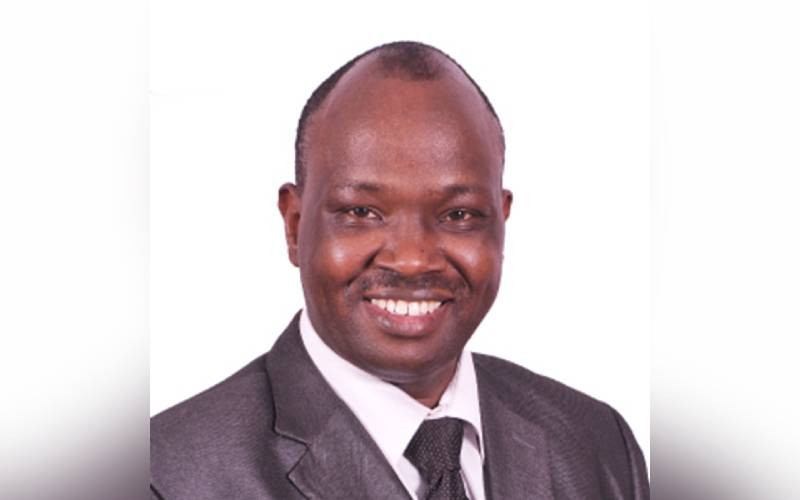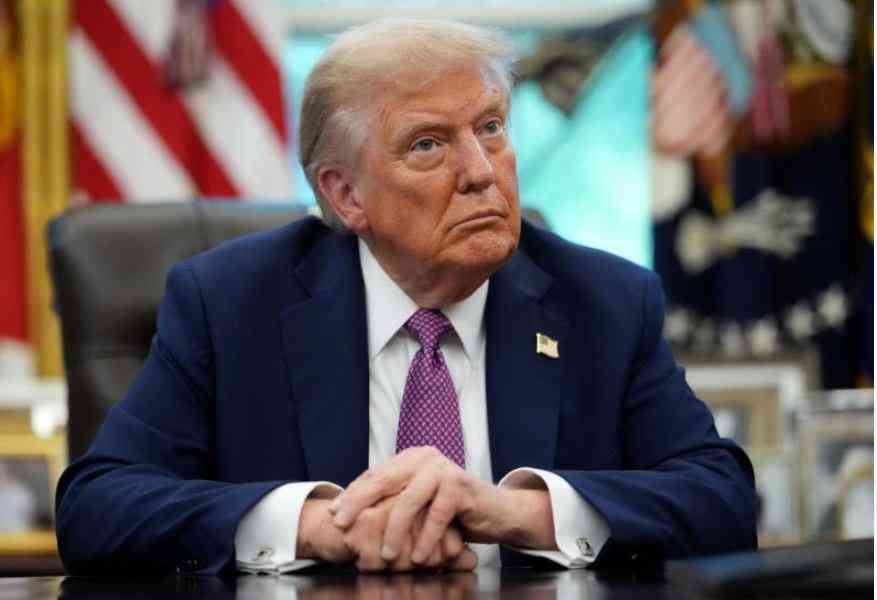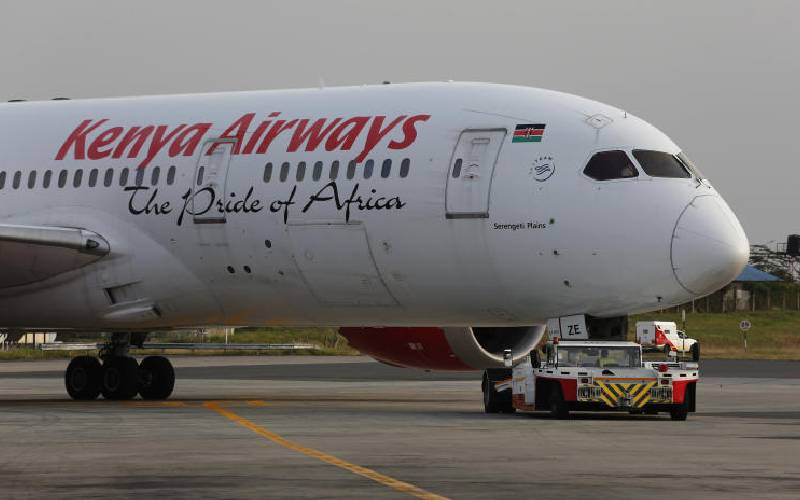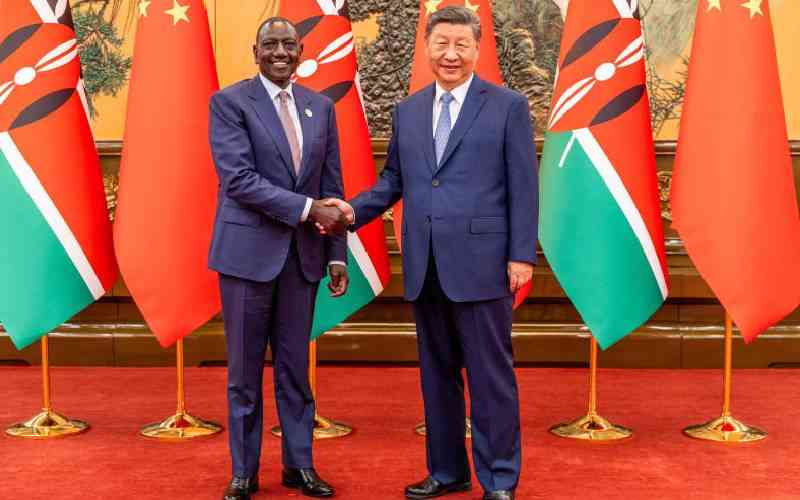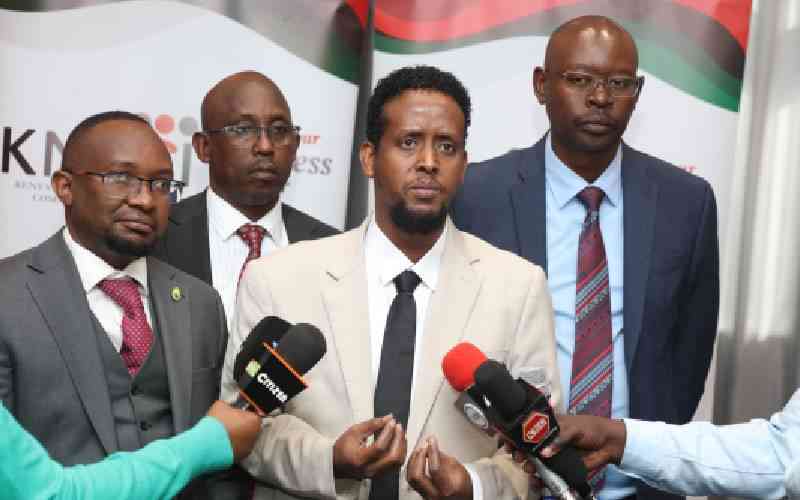×
The Standard e-Paper
Home To Bold Columnists
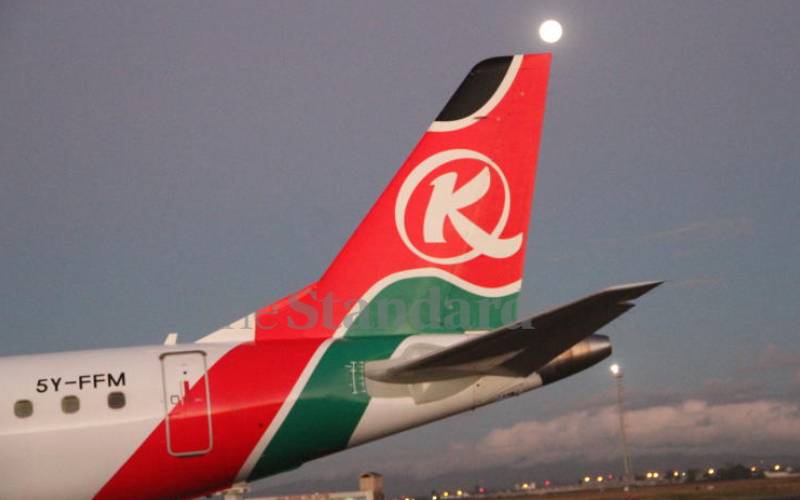
The Sh26.6 billion that KQ will get this financial year will not be the last that the Treasury pumps into the carrier. [Edward Kiplimo, Standard]
“The more things change, the more they remain the same.” The words attributed to French writer Jean Baptiste Alphonse Karr perhaps capture the state of affairs at Kenya Airways (KQ).
